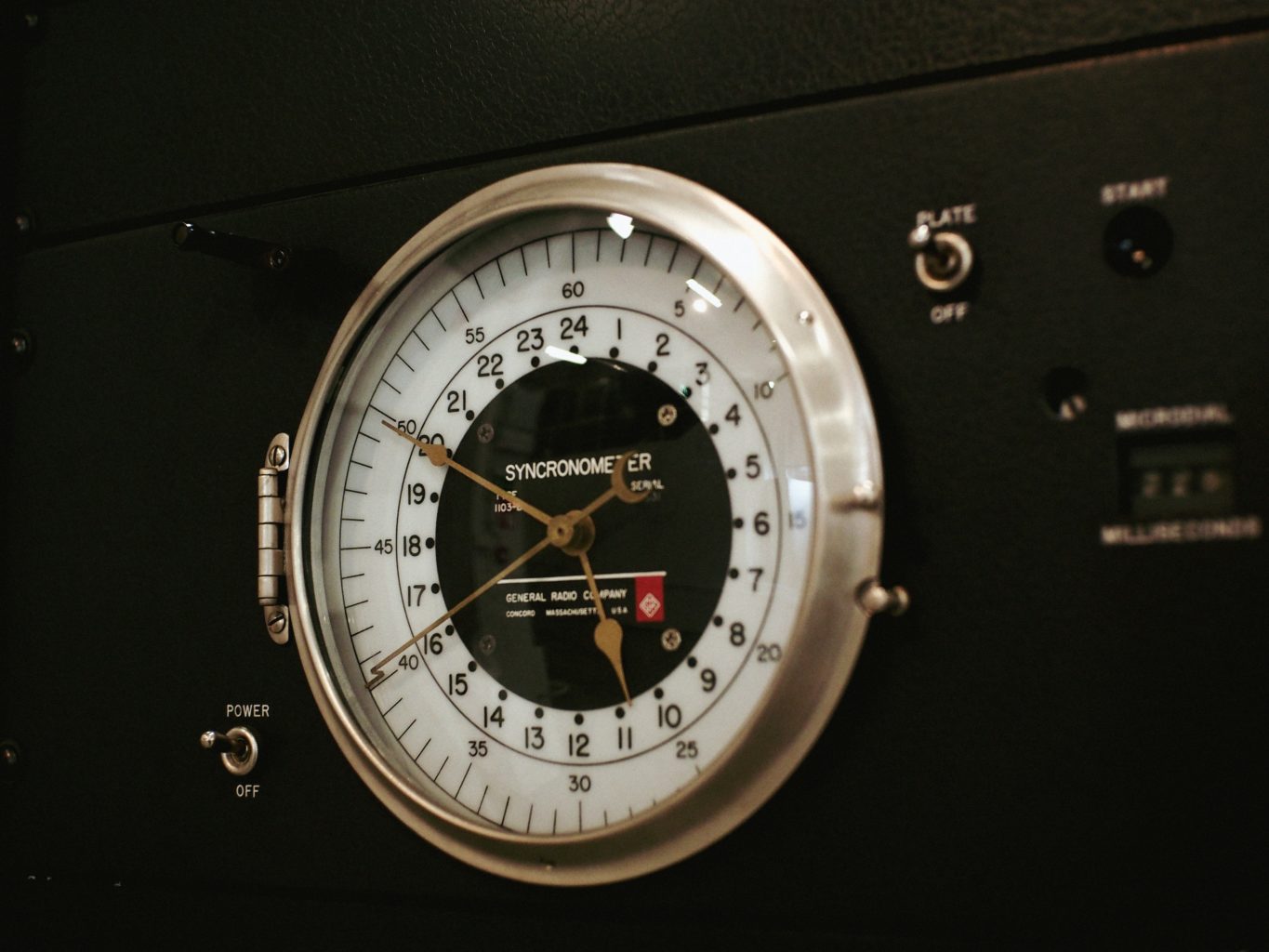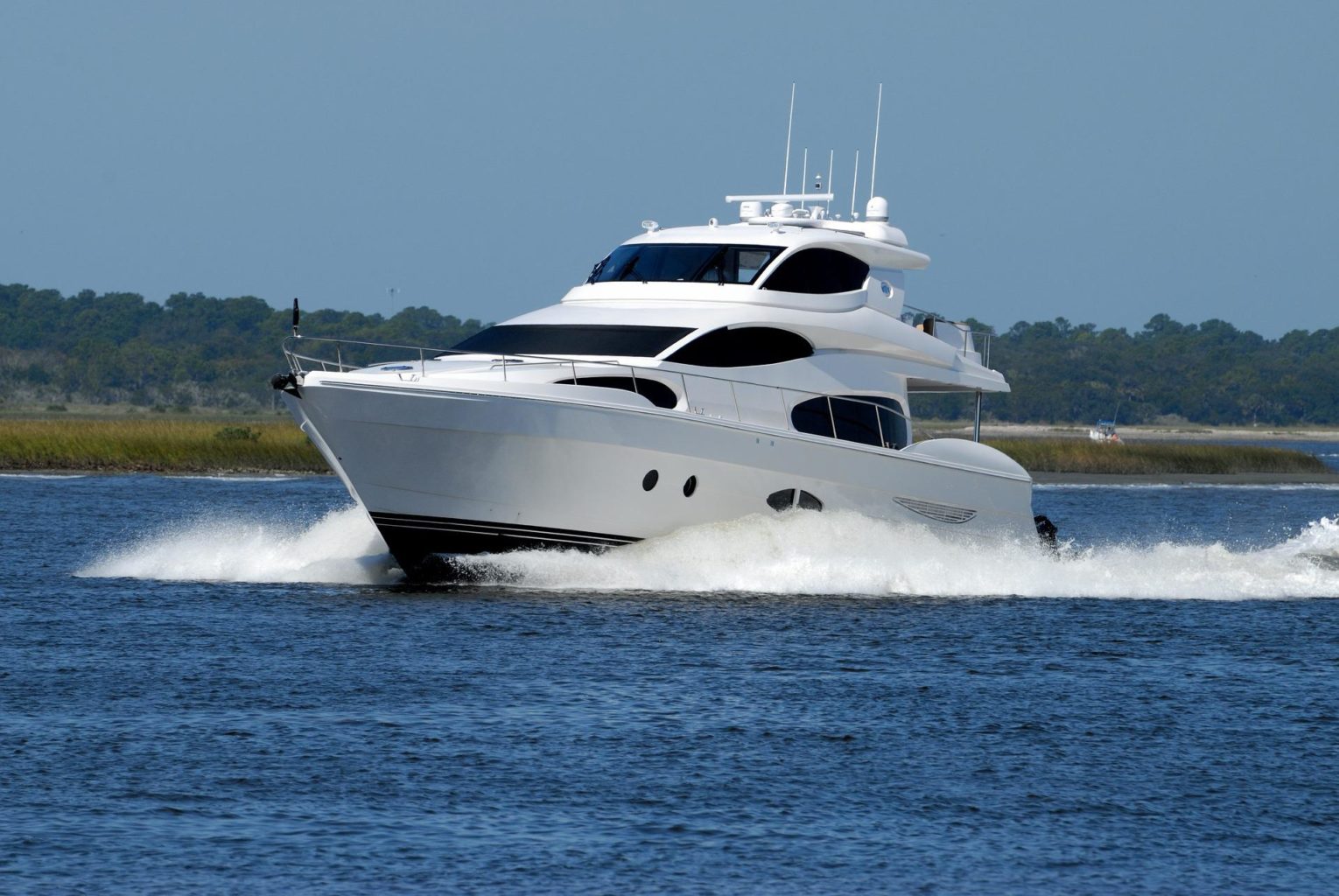A speedometer on a boat works by using a pitometer. This pitometer works by comparing how fast your boat is going against the speed of the water you’re traveling on. This works by measuring the speed of water coming into a tube compared to air pressure to give an estimated speed figure.

How does a pitometer work on a boat to measure speed?
It’s easy to understand how a speedometer would work in a car. After all, the tires are flat to the road, and the number of revolutions made will make easier speed estimates.
It’s not that simple, and the truth is, without GPS it’s quite hard to accurately measure speed using a speedometer.
However, you can get some estimation using a pitometer. A pitometer is another name for a pilot tube mechanism.
The pitometer’s task is to calculate the speed of your boat against the speed of the water it’s traveling across by measuring two different factors:
- The speed of the water
- The air pressure from the water
A pitometer use a tube that goes down through the boat’s hull and drops into the water. The tube has two holes in it. One of the holes will measure how fast water is moving through the tube. The other hole measures the pressure of the water.
As your boat travels across the water, the water pushes through the tube which is connected to the boat’s speedometer.
The tube is long so the water will never quite reach the boat’s speedometer. But it will get a certain distance depending on the boat’s speed, with air pressure making up the remainder.
How fast the boat is going will determine how much water is in the tube versus how much air pressure. If you can imagine, that air pressure will be fluctuating up and down according to the speed of the boat.
And this variance in water speed and pressure is then translated into the speed shown on the boat’s speedometer.

How Does a Boat Speedometer Work? – GPS Version
As you have seen, manual speedometers are not very accurate. They give you a good idea of your speed, but that’s it. If you want a speedometer that is 100% accurate, then you need a GPS speedometer. Just like your car GPS, these speedometers rely on satellite monitoring. As you move on the water, a satellite tracks your progress from space. That means not only is your position accurately tracked, your speed is tracked as well. This kind of speedometer is in no way affected by any kind of current.
How Do You Best Measure the Speed of a Boat?
The most accurate way to measure speed, which will work far better than a boat’s speedometer, is GPS.
GPS is how the professionals measure their boat’s speed as it gives a far more accurate reading.
One alternative to a boat’s speedometer is an impeller log. These are small propellers that are mounted to sit in the water.
The impeller log will rotate as the boat travels, with the revolutions providing a speed measurement. They are typically found on larger boats but still don’t beat the speedometer accuracy that GPS provides.

How to fix a boat speedometer?
Quick troubleshooting tips for fixing your boat’s speedo.
- Check for air in the house and that no water pours out.
- Check for kinks or folds in the hose which could be stopping the flow.
- Check that the hose isn’t coming loose from the clamps.
